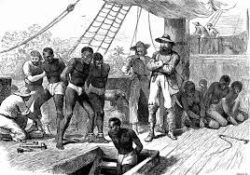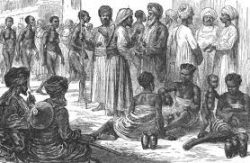
The smooth move from illegitimate to legitimate trade by states such as Opobo, Itsikiriland and Calar, better known as Niger Delta City states owes multiple factors. The factors behind include but are not limited to; presence of technocratic leadership, accessibility, availability of favourable climatic conditions and rich soils. This paper seeks to give the reasons behind the success of the Niger Delta states in making a smooth transition to legitimate trade.




Latest Comments